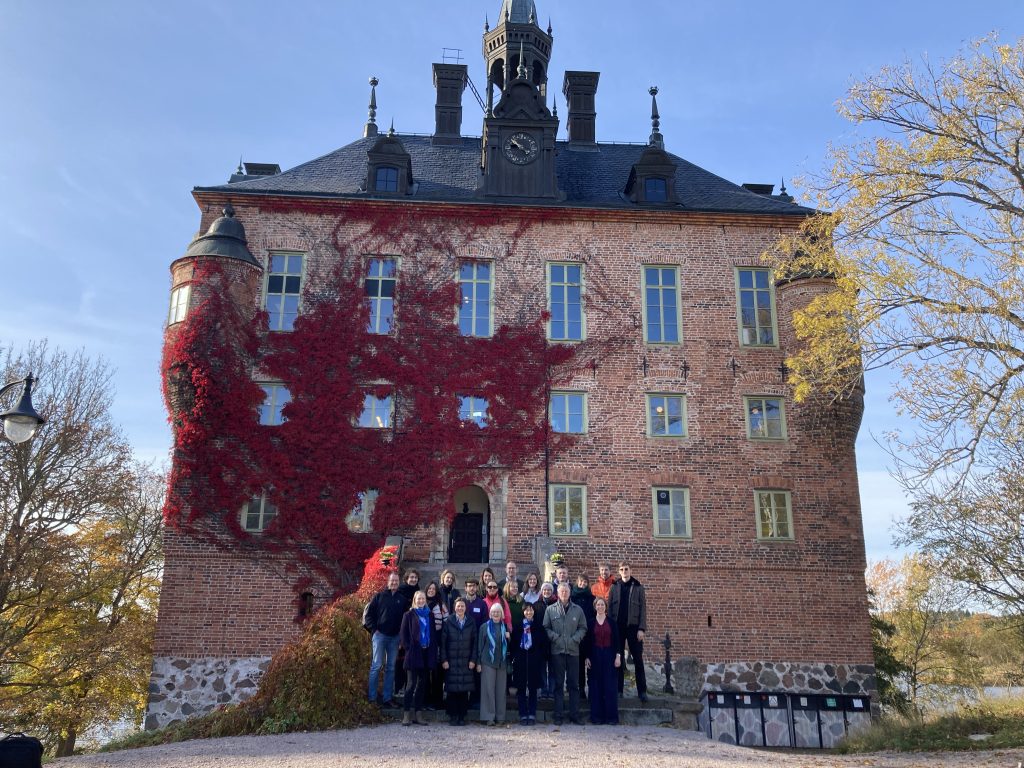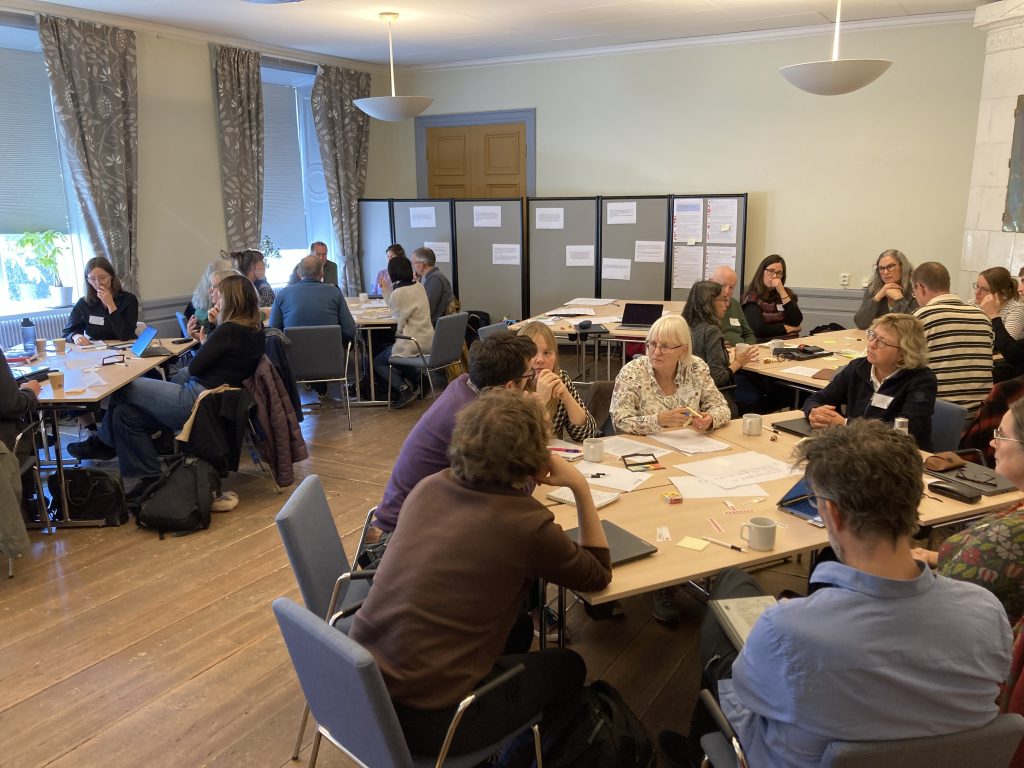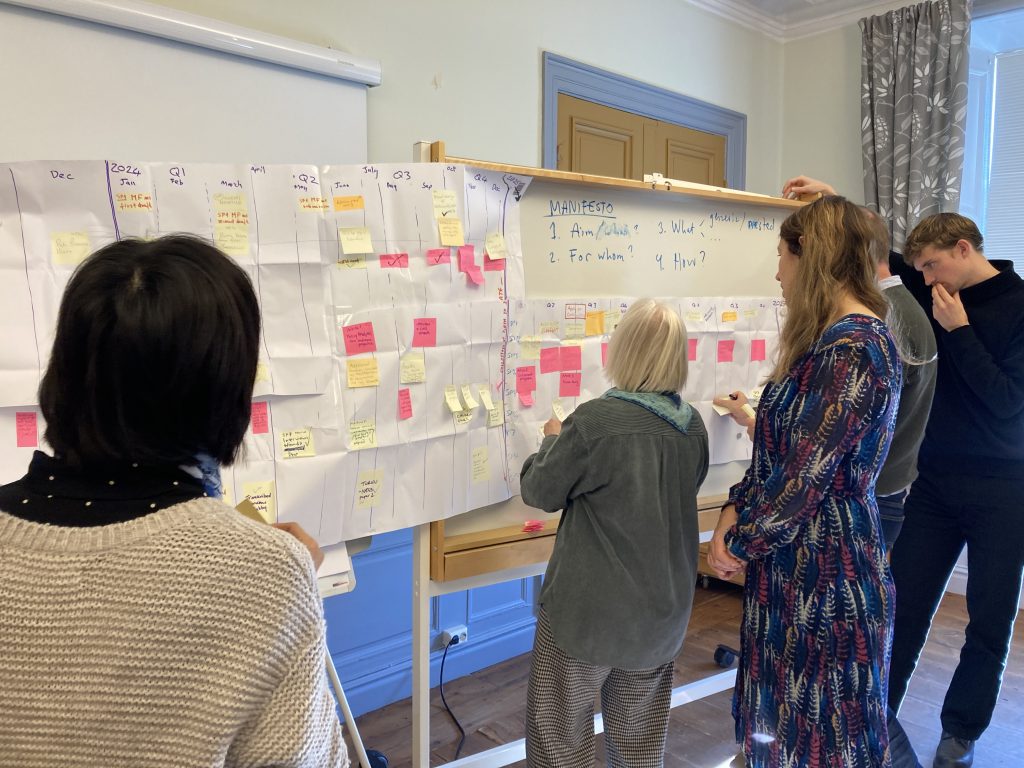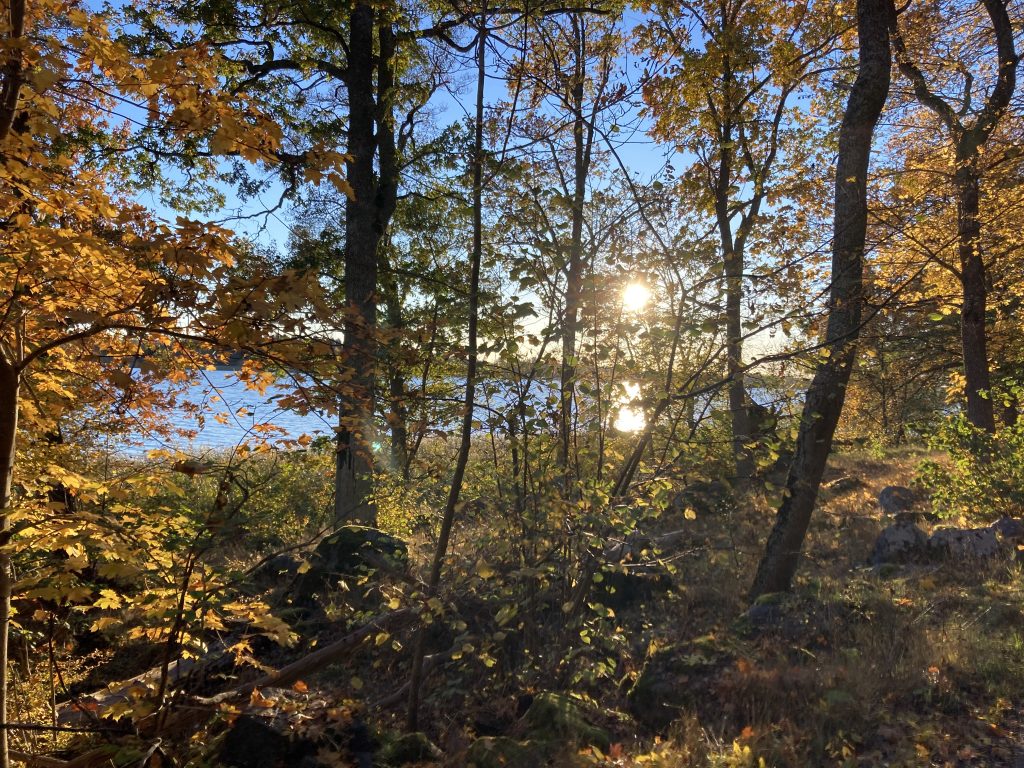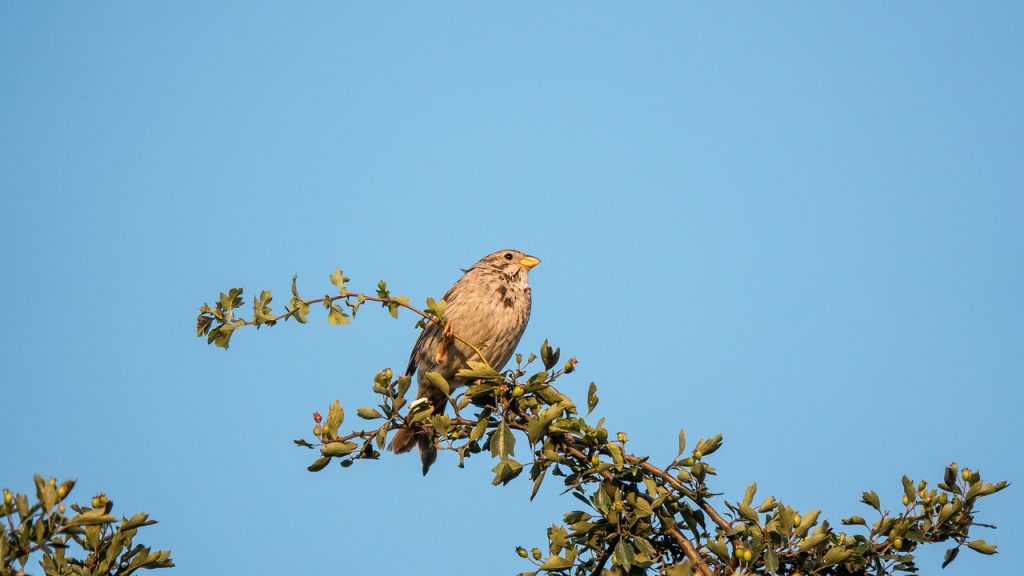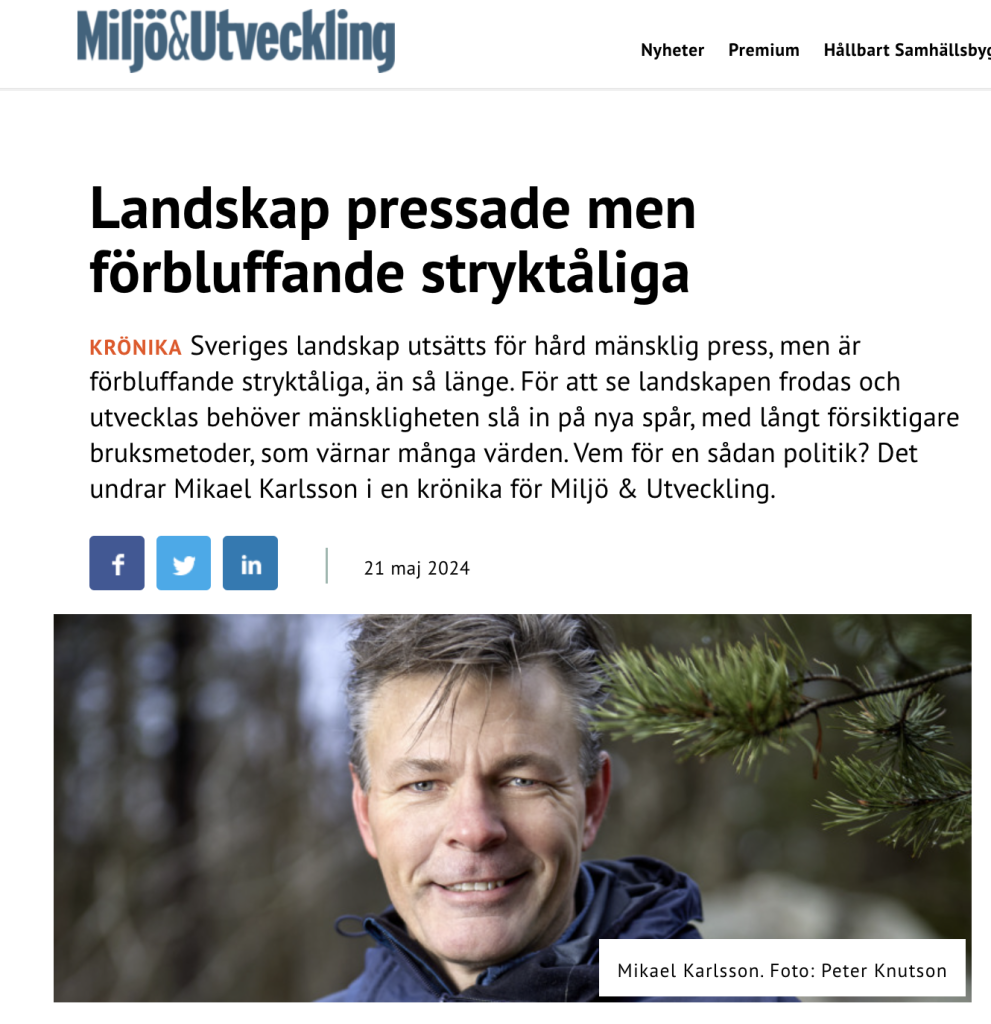In the most recent issue of Ocean & Coastal Management, Charles Westerberg, Michael Gilek and Lucas Dawson from the LANDPATHS programme, together with Ralph Tafon from Södertörn University, published the article Governance challenges and opportunities for multifunctional marine and coastal landscapes: A comparative case study of Nämdö National Park and Nämdö Biosphere Reserve in Sweden.
The article examines governance challenges and opportunities in the Nämdö Archipelago outside of Stockholm, where two major environmental initiatives are being implemented in parallel: a National Park, led by the Swedish Environmental Protection Agency (SEPA), and a Biosphere Reserve, initiated by a local NGO, Nämdö Green Archipelago.

The study applied the Institutional Analysis and Development framework developed by Elinor Ostrom in combination with a systems perspective informed by interviews with residents, municipal officials, NGOs and national authorities. The objective was to understand how governance structures and institutional processes influence implementation outcomes in multifunctional marine and coastal landscapes.
The main findings from the study were:
- The National Park process has been constrained by rigid institutional procedures, perceived limited inclusion of local knowledge and insufficient communication with residents. While the National Park offers strong legal protection, these features seemingly fostered mistrust and resistance at the local level.
- The Biosphere Reserve initiative has generally been more positively received. Its flexible governance structure and consideration of local socioeconomic and cultural perspectives have strengthened legitimacy and local support. However, dependence on project-based funding and voluntary engagement creates uncertainty about its long-term sustainability.
- Despite their differences, both models face common challenges in relation to resource mobilisation, political continuity and effective knowledge integration.
The findings suggest that neither governance model on its own is sufficient to address the complexity of multifunctional coastal landscapes. Instead, a hybrid governance approach which combines the enforcement capacity and institutional stability of National Parks with the participatory and adaptive strengths of Biosphere Reserves, may offer a more promising way forward.
For SEPA, this means exploring ways to introduce greater flexibility and inclusivity into National Park processes, while simultaneously ensuring stronger institutional support for, and collaboration with, local Biosphere Reserves. Doing so would improve alignment between international biodiversity commitments and local values and priorities.

The Nämdö case illustrates that the success of marine and coastal governance depends on adaptive, inclusive and resourceful frameworks. We therefore recommend that SEPA draw on these findings in the ongoing development of the Nämdö National Park and in future conservation initiatives across Sweden’s marine and coastal landscapes.
Read the article in full here (Open Access): https://doi.org/10.1016/j.ocecoaman.2025.107787
For more information, contact Charles Westerberg or Michael Gilek who work in the Marine and Coastal Landscapes subproject.

